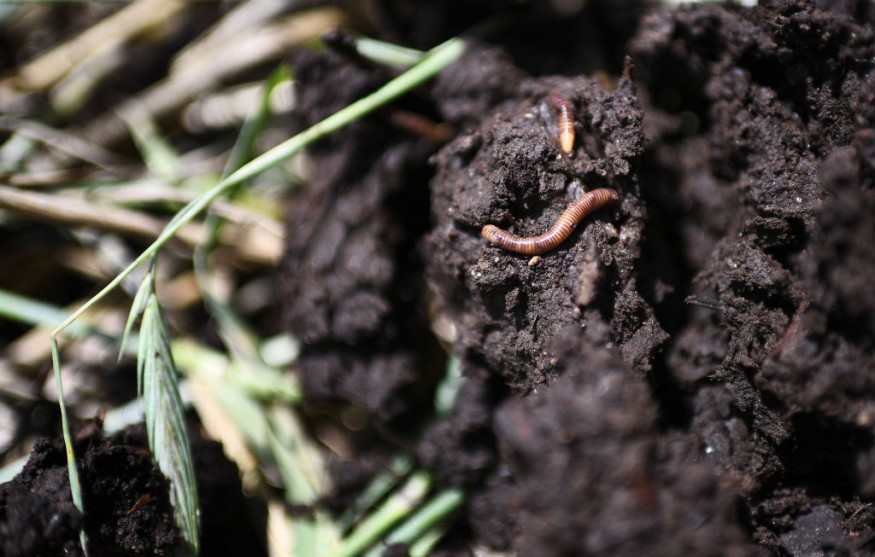
The research, published in Environmental Science and Technology, warns that these bio-based fibers, while marketed as eco-friendly, may be harmful to earthworms-an essential species for healthy soil ecosystems.
The study focused on conventional polyester fibers and two bio-based fibers-viscose and lyocell-and tested their effects on earthworms, which play a critical role in soil health by breaking down organic material.
In one experiment, researchers exposed earthworms to high concentrations of these fibers. The results were alarming: 30% of earthworms exposed to polyester died within 72 hours, but those exposed to the bio-based fibers faced even higher mortality rates.
Earthworms exposed to lyocell suffered 60% mortality, and those exposed to viscose saw a staggering 80% mortality.
A second experiment tested the effects of more environmentally relevant concentrations of these fibers in soil. The findings were similarly concerning.
Earthworms in soil containing viscose fibers showed reduced reproduction rates compared to those exposed to polyester, while those in soil with lyocell fibers exhibited slower growth and increased burrowing behavior.
Study Calls for Further Research on Bio-Based Fibers Amid Environmental Concerns
Dr. Winnie Courtene-Jones, the lead author of the study, explained, "Our study has shown that bio-based fibers have a range of adverse effects on earthworms, animals that are critical to the functioning of the environment."
She emphasized the need for further research before bio-based products become widely available on the market. The study underscores the complexity of global efforts to reduce microplastic pollution and highlights that alternative materials may not always be a safer choice for the environment.
The study was part of the BIO-PLASTIC-RISK project, led by researchers from the University of Plymouth and the University of Bath, and was funded by the UK's Natural Environmental Research Council. This research adds to the growing body of evidence showing the unintended ecological impacts of bio-based materials. Earlier studies, for example, found that biodegradable teabags also negatively affected earthworm populations.
As global efforts to tackle plastic pollution intensify, this research serves as a reminder of the importance of testing new materials in real-world environmental settings before they are adopted on a large scale.
Professor Richard Thompson, a senior author of the study, noted that tackling the plastic pollution crisis will require not only recycling and reuse but also a careful evaluation of alternative materials. "Independent scientific evidence will be critical in helping us avoid unintended consequences as we look for solutions," he said, according to Phys.org.
© 2026 NatureWorldNews.com All rights reserved. Do not reproduce without permission.





